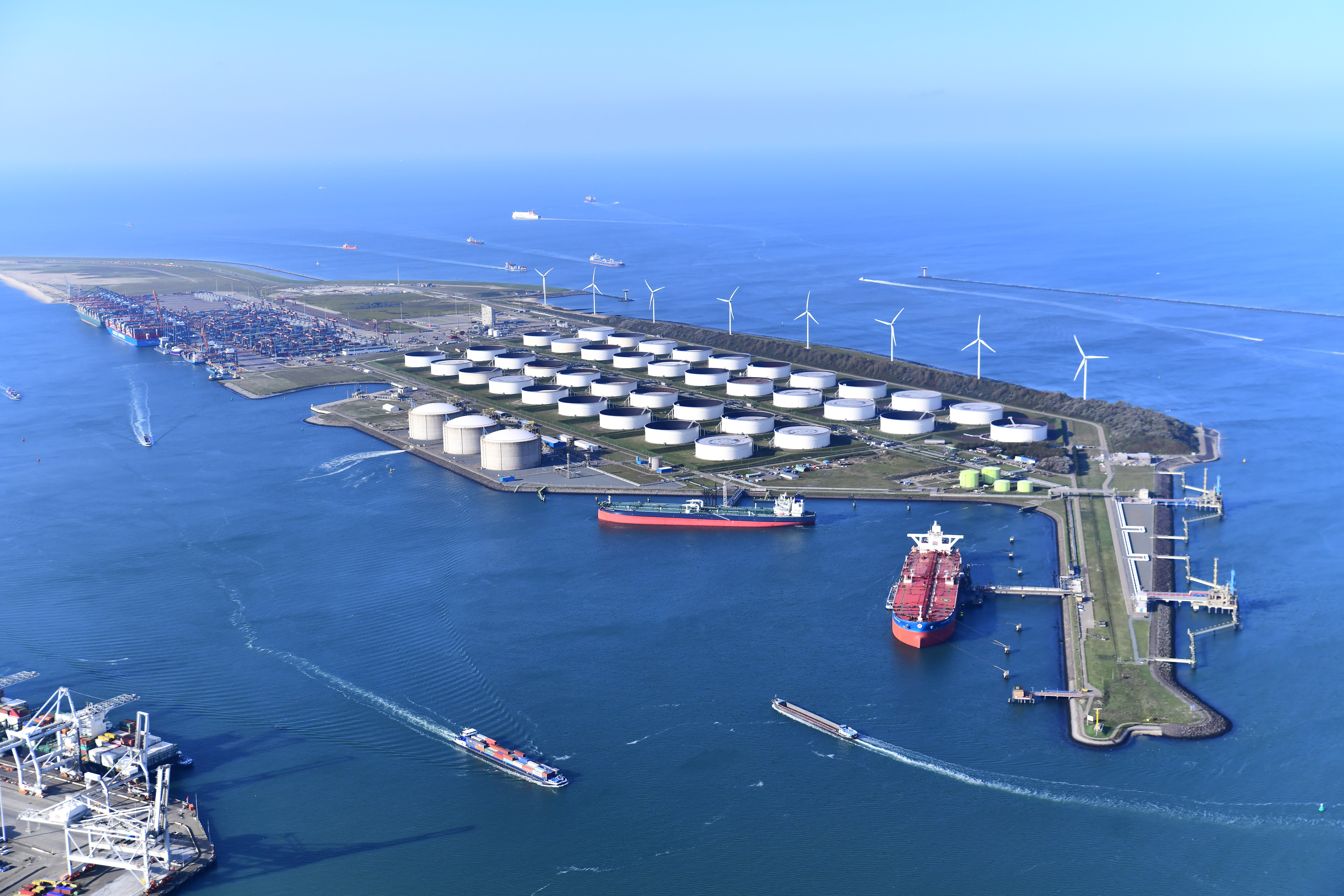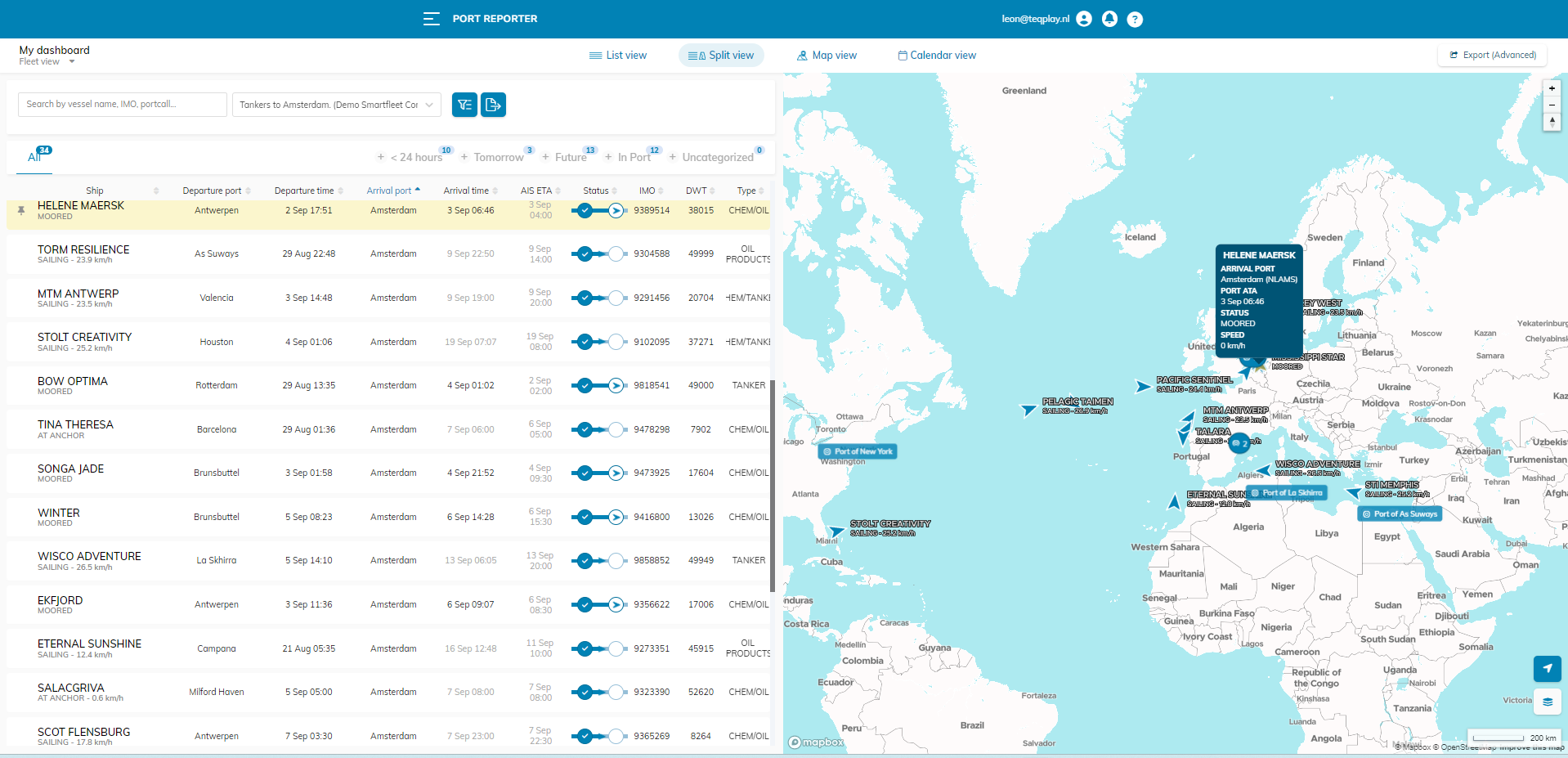Decarbonization - Blessing for the Maritime Industry?
Decarbonization is often seen as a necessary yet challenging goal for many industries, including maritime. The question arises: Is decarbonization truly a blessing for the maritime industry, pushing it towards greater resilience and efficiency? Let’s delve into this topic to understand the broader implications of decarbonization on maritime operations.
Decarbonization is often seen as a necessary yet challenging goal for many industries, including maritime. The question arises: Is decarbonization truly a blessing for the maritime industry, pushing it towards greater resilience and efficiency? Let’s delve into this topic to understand the broader implications of decarbonization on maritime operations.
Regulation and Innovation
Decarbonization can indeed be considered a blessing for the maritime industry. While it is unfortunate that the urgency of climate change makes such measures imperative, the resulting push towards decarbonization has several positive outcomes. From a legal standpoint, stringent regulations are compelling companies to actively reduce greenhouse gas emissions. This necessity drives businesses to innovate and improve their operational practices beyond their traditional trade and logistics functions.
Collaboration
One of the key aspects of achieving decarbonization goals is the need for collaboration. Maritime companies cannot tackle this challenge in isolation, especially when considering scope 3 emissions, which encompass indirect emissions occurring in a company’s value chain. To address these emissions effectively, businesses must gain visibility and understanding of the actions of their suppliers and other relevant stakeholders. This requirement for transparency necessitates sharing data and fostering collaboration, despite previous concerns about data sensitivity.
Data Sharing
Sharing data becomes crucial as it provides a comprehensive view of the entire supply chain, enabling companies to make informed decisions. Without this shared information, efforts to decarbonize are likely to be incomplete and less effective. Historically, data sharing has been a contentious issue, but the imperative nature of decarbonization has transformed it from an option to a necessity. The shift towards open data and collaboration not only aids in reducing emissions but also enhances overall operational efficiency and effectiveness within the industry.
Continuous Improvement
The accountability imposed by decarbonization targets is another driving force for progress. Companies are now held to higher standards, which promotes a culture of continuous improvement. This accountability ensures that businesses remain committed to their environmental goals, fostering innovation and resilience.
Watch more insightful discussions with maritime experts here.



